Outdoor lighting can transform your yard into a stunning and functional space. Among various lighting options, spotlights are an excellent choice for highlighting specific features, enhancing security, and extending the usability of your outdoor area after dark. However, selecting the right spotlight for your yard involves more than just picking a fixture you like. You need to consider several factors to ensure your lighting is effective, efficient, and aesthetically pleasing. This blog will guide you through the process of choosing the right spotlight for your yard.
1. Understand Your Lighting Goals
The first step in selecting the right spotlight is to understand your lighting goals. Different lighting objectives will dictate the type, placement, and intensity of the spotlights you need. Here are some common goals for outdoor lighting:
Highlighting Landscape Features
If your goal is to accentuate trees, shrubs, garden statues, or other landscape features, you need spotlights that offer focused and adjustable beams. These spotlights should have a narrow beam angle to concentrate light on specific points, creating dramatic effects and depth in your yard.
Enhancing Security
For security purposes, you want spotlights that provide broad, bright illumination to deter potential intruders. These spotlights typically have wider beam angles and higher lumens to cover larger areas, such as driveways, entrances, and dark corners.
Improving Safety
To improve safety, especially on pathways, stairs, and uneven terrain, choose spotlights that offer even, widespread lighting. This helps prevent accidents and ensures safe navigation around your yard at night.
Creating Ambiance
For creating ambiance, look for spotlights that allow for dimming and color adjustments. These lights can set the mood for outdoor gatherings, parties, or quiet evenings.
2. Types of Spotlights
Spotlights come in various types, each suited for different applications. Understanding these types will help you choose the right one for your needs.
LED Spotlights
LED spotlights are the most popular choice due to their energy efficiency, long lifespan, and versatility. They come in various color temperatures and beam angles, making them suitable for all lighting goals.
Solar Spotlights
Solar spotlights are eco-friendly and easy to install since they don’t require wiring. They are perfect for highlighting features in sunny areas but may not provide consistent illumination in shaded spots or during cloudy weather.
Halogen Spotlights
Halogen spotlights are known for their bright, white light. They are suitable for security and safety lighting but are less energy-efficient compared to LEDs and have a shorter lifespan.
Smart Spotlights
Smart spotlights can be controlled via smartphones or home automation systems. They offer features like dimming, color changing, and scheduling, providing convenience and flexibility in managing your outdoor lighting.
3. Consider Beam Angle and Light Intensity
Beam angle and light intensity are crucial factors in selecting the right spotlight. The beam angle determines how wide or narrow the light spreads, while light intensity (measured in lumens) indicates the brightness of the light.
Beam Angle
-
Narrow Beam (10-25 degrees): Ideal for highlighting specific features like trees, statues, or architectural details. Narrow beams create a focused, intense light that draws attention to the highlighted object.
-
Medium Beam (25-45 degrees): Suitable for accentuating garden beds, shrubs, and small areas. Medium beams provide a balance between focus and coverage.
-
Wide Beam (45-120 degrees): Best for security and safety lighting. Wide beams cover larger areas and are effective for illuminating pathways, driveways, and patios.
Light Intensity
-
Low Lumens (100-300 lumens): Suitable for subtle accent lighting and ambiance creation.
-
Medium Lumens (300-700 lumens): Ideal for general landscape lighting and highlighting small to medium-sized features.
-
High Lumens (700+ lumens): Necessary for security lighting and illuminating large areas.
4. Choosing the Right Color Temperature
Color temperature, measured in Kelvin (K), affects the ambiance and appearance of your outdoor space. Spotlights come in various color temperatures:

Warm White (2000K-3000K)
Warm white light creates a cozy, inviting atmosphere. It is ideal for accent lighting and areas where you want a relaxed ambiance, such as patios and seating areas.
Neutral White (3000K-4500K)
Neutral white light is versatile and works well for both accent and general lighting. It is bright enough for security purposes without being harsh.
Cool White (4500K-6500K)
Cool white light is crisp and bright, making it suitable for security and task lighting. It is effective for illuminating large areas and enhancing visibility.
5. Durability and Weather Resistance
Outdoor spotlights need to withstand various weather conditions, including rain, snow, and extreme temperatures. Look for the following features to ensure durability:
Weatherproof Rating
Check the Ingress Protection (IP) rating of the spotlight. An IP rating of 65 or higher indicates the light is dust-tight and protected against water jets, making it suitable for outdoor use.
Material and Finish
Choose spotlights made from durable materials like aluminum, stainless steel, or weather-resistant plastic. A good finish will protect the light from corrosion and wear.
Warranty and Brand Reputation
Opt for spotlights from reputable brands that offer warranties. This ensures you receive a quality product and have support in case of any issues.
6. Energy Efficiency and Sustainability
Energy efficiency is a crucial consideration, especially if you plan to use multiple spotlights or leave them on for extended periods. LED spotlights are the best choice for energy efficiency, consuming up to 80% less energy than halogen lights. Additionally, consider solar spotlights for a sustainable and cost-effective solution.
7. Installation and Maintenance
Consider the ease of installation and maintenance when choosing spotlights for your yard. Some key points to consider include:
Installation
-
Wired Spotlights: Require electrical wiring and may need professional installation. They provide consistent power but can be more complex to install.
-
Solar Spotlights: Easy to install as they do not require wiring. Ensure they are placed in areas that receive adequate sunlight.
Adjustability
Look for spotlights with adjustable heads to easily direct the light where needed. This flexibility allows you to change the focus as your landscaping evolves.
Maintenance
LED spotlights require minimal maintenance due to their long lifespan. Solar spotlights may need periodic cleaning of the solar panels to ensure optimal performance.
8. Budget Considerations
Your budget will also play a role in determining the right spotlight for your yard. While high-quality spotlights may have a higher upfront cost, they often provide better performance, durability, and energy efficiency, resulting in long-term savings.
Cost vs. Quality
Investing in higher-quality spotlights can reduce maintenance and replacement costs over time. Consider the total cost of ownership, including energy consumption and potential installation costs.
Value for Money
Look for spotlights that offer a good balance of quality, features, and price. Compare products and read reviews to find reliable and cost-effective options.
Conclusion
Choosing the right spotlight for your yard involves a thoughtful consideration of your lighting goals, the types of spotlights available, beam angles, light intensity, color temperature, durability, energy efficiency, installation ease, and budget. By taking these factors into account, you can select spotlights that not only enhance the beauty and functionality of your yard but also provide security and safety. With the right spotlights, your outdoor space can be transformed into a welcoming and vibrant area for relaxation and enjoyment, no matter the time of day.
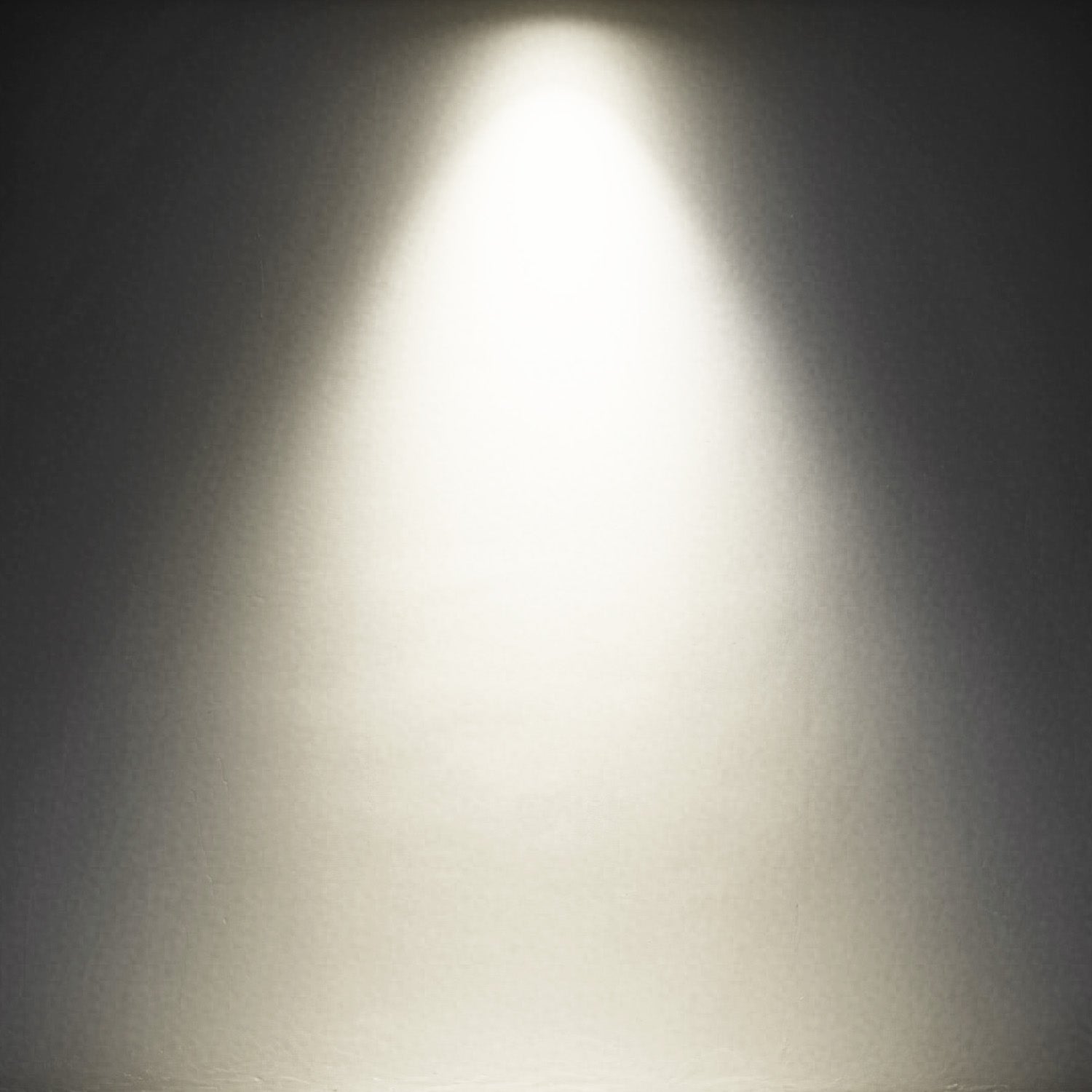
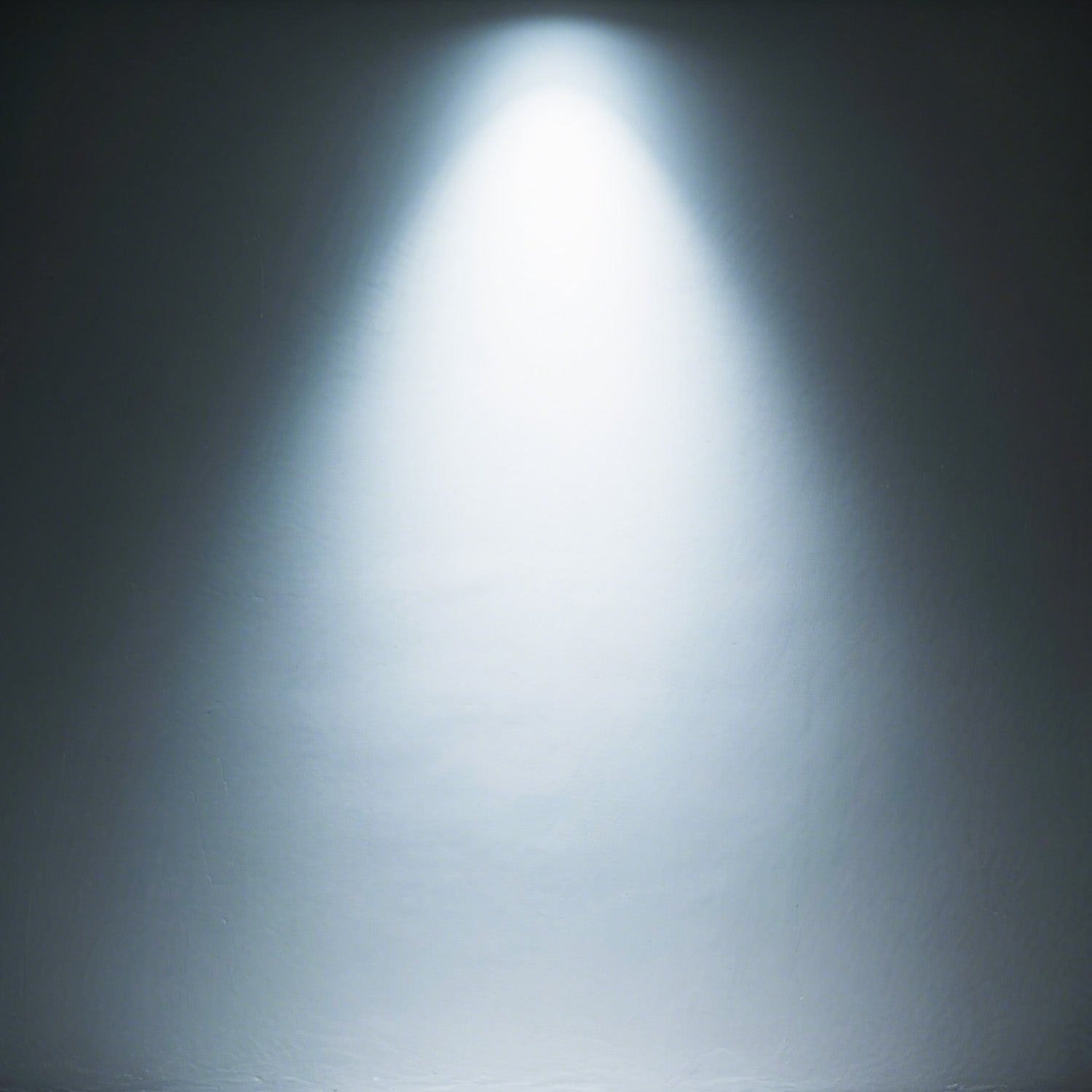
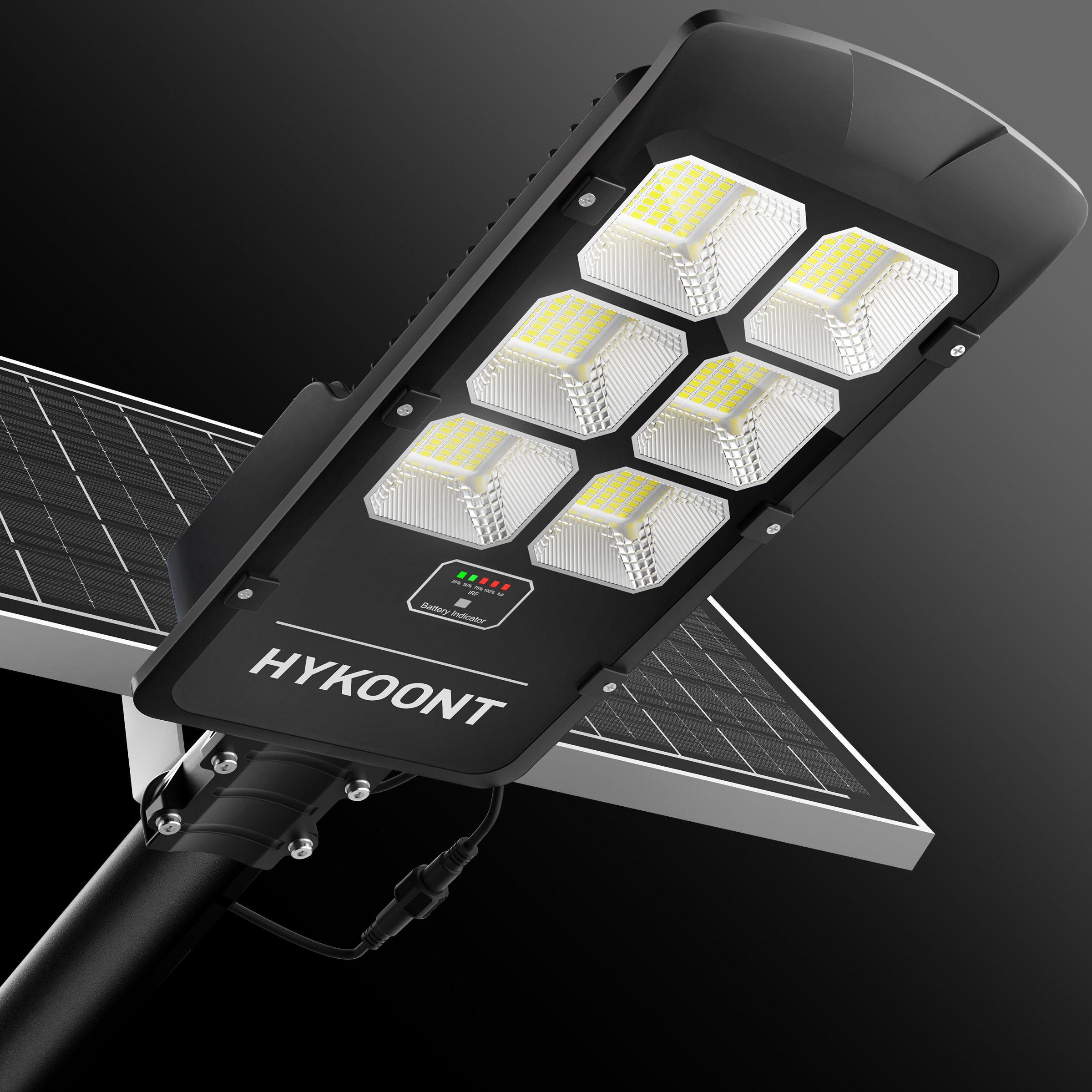
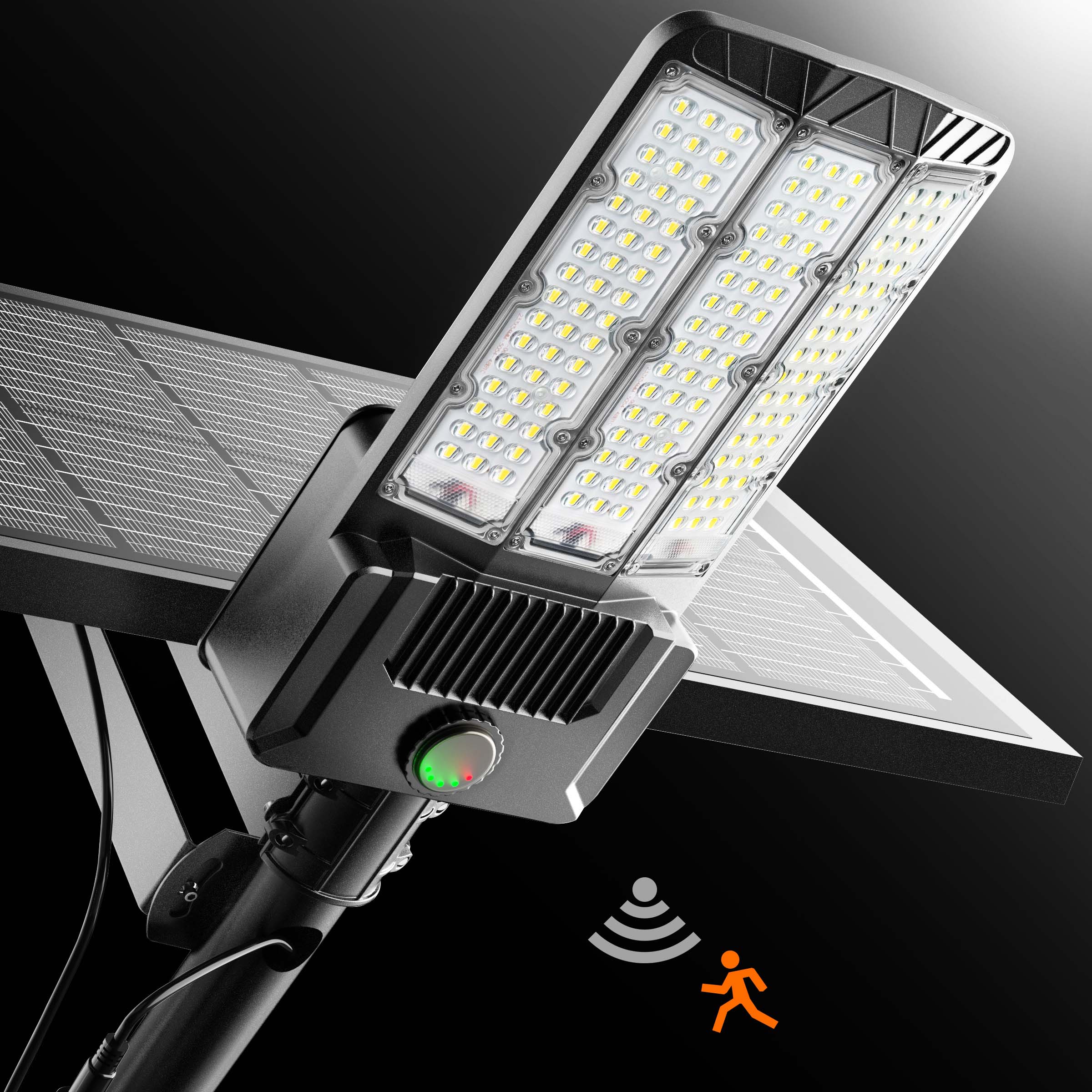
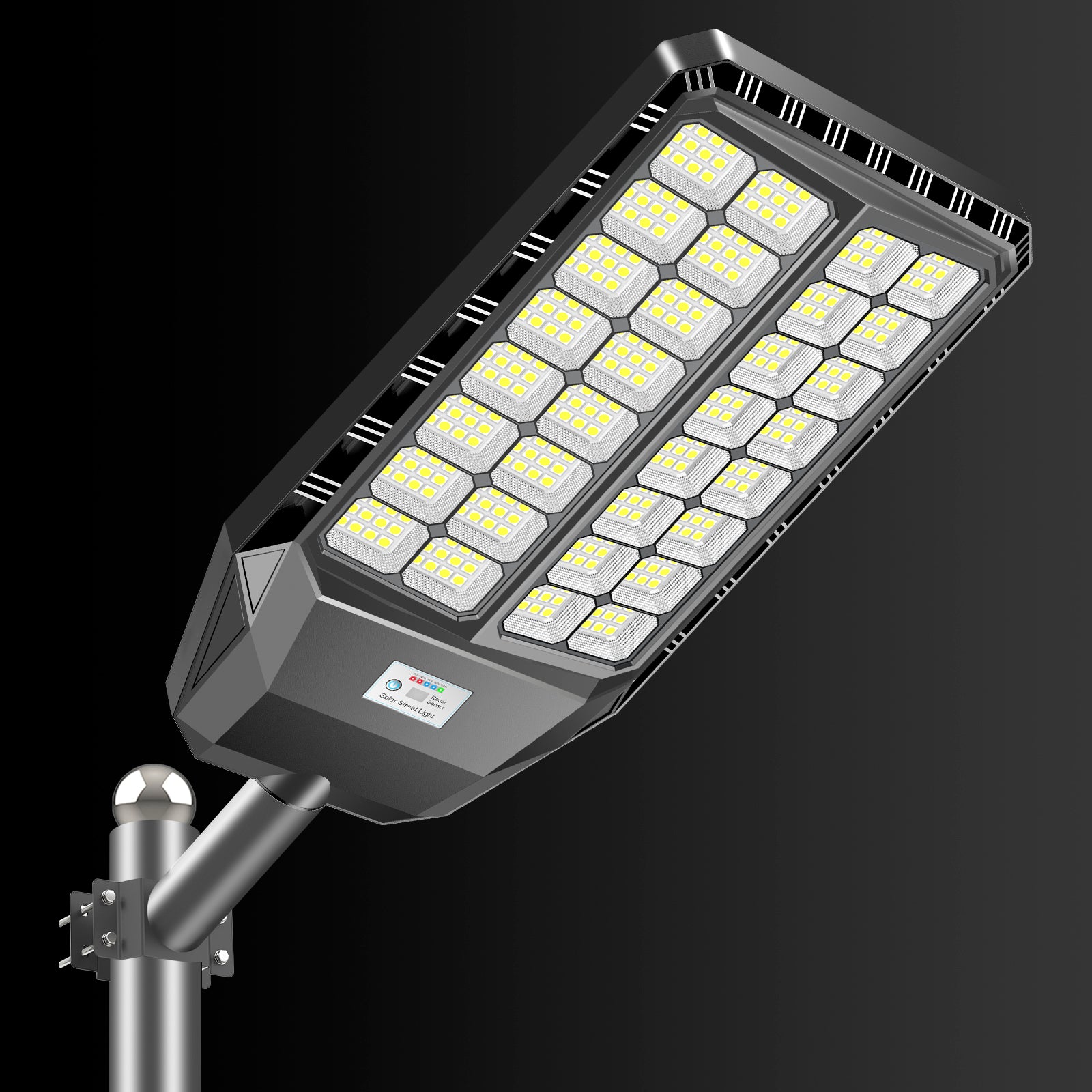
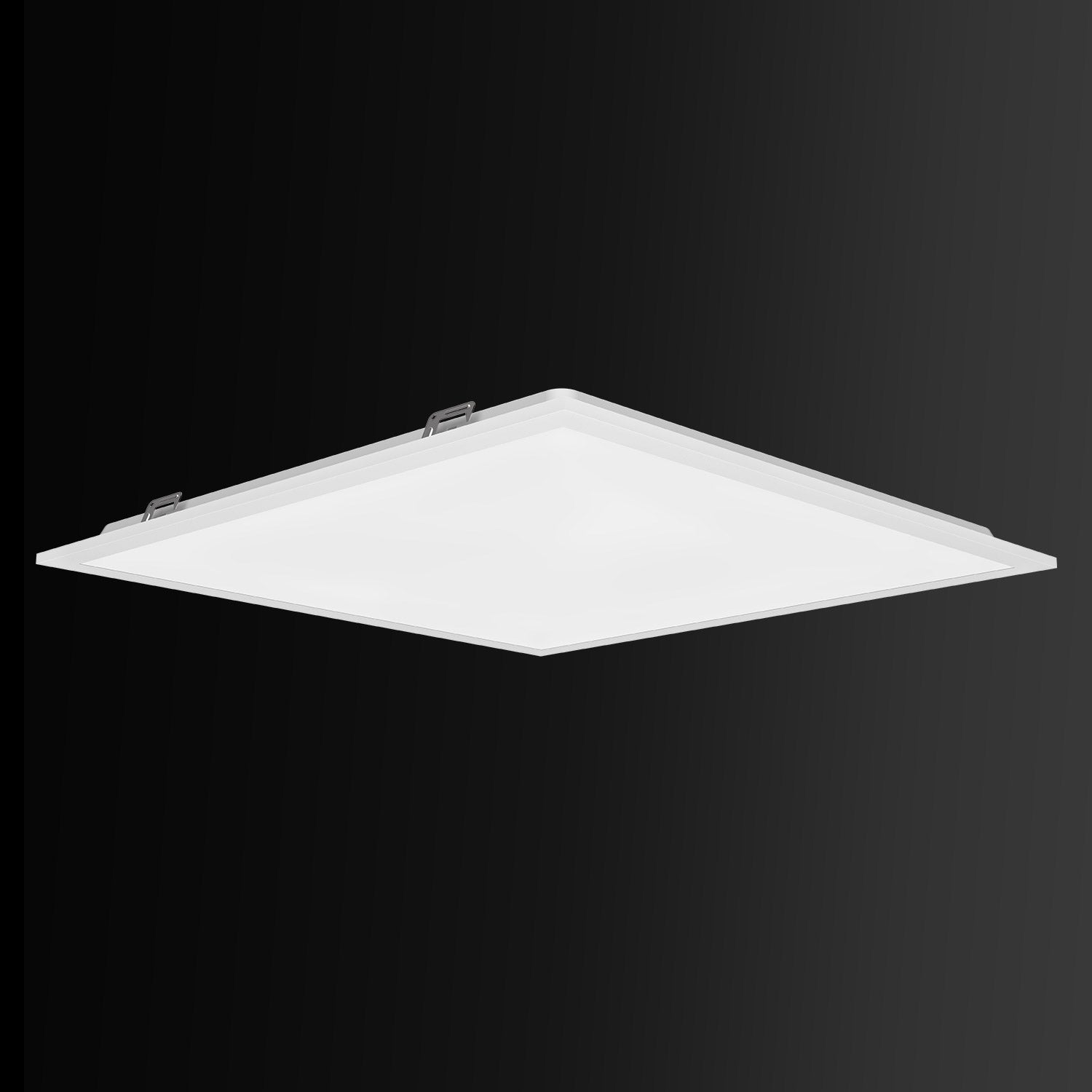
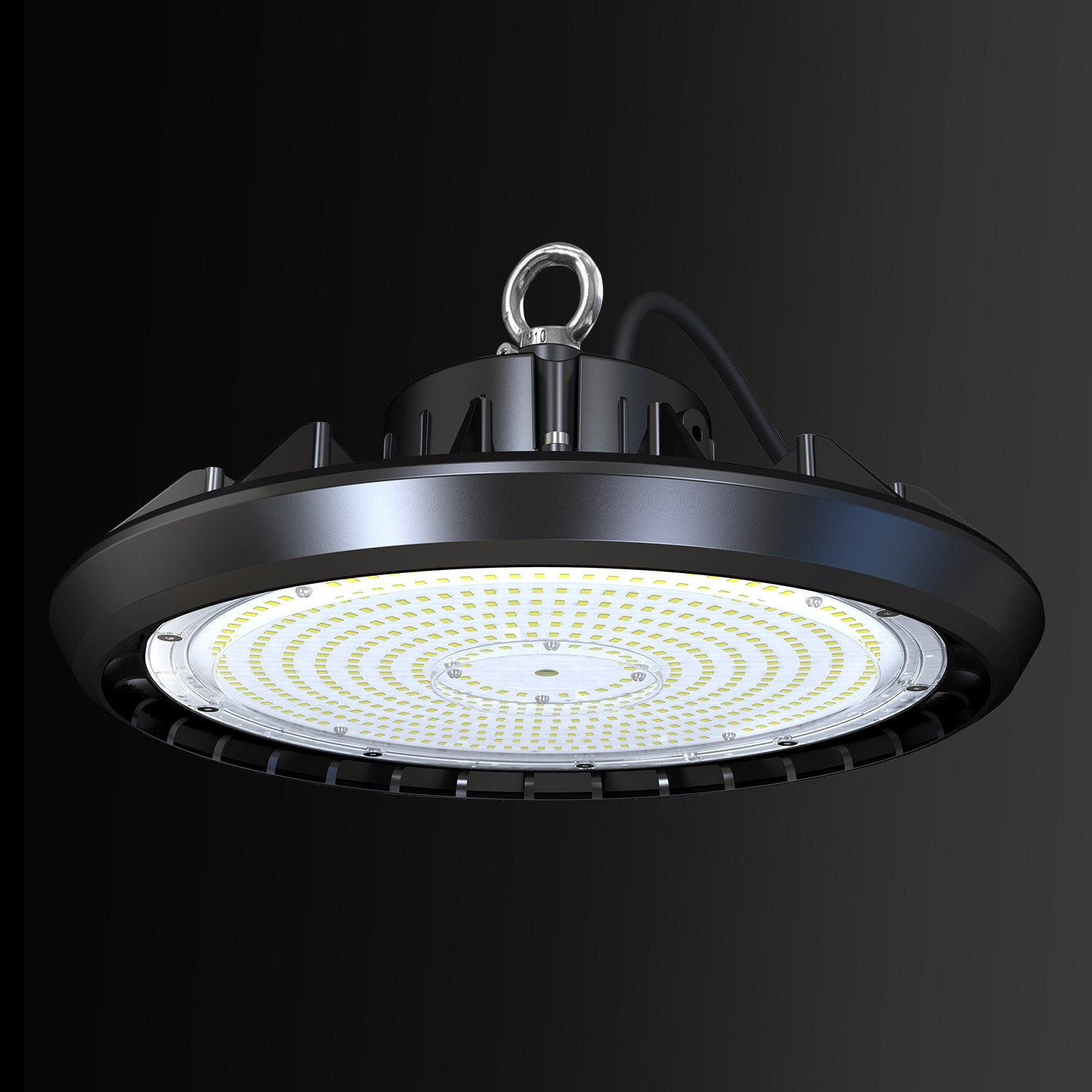
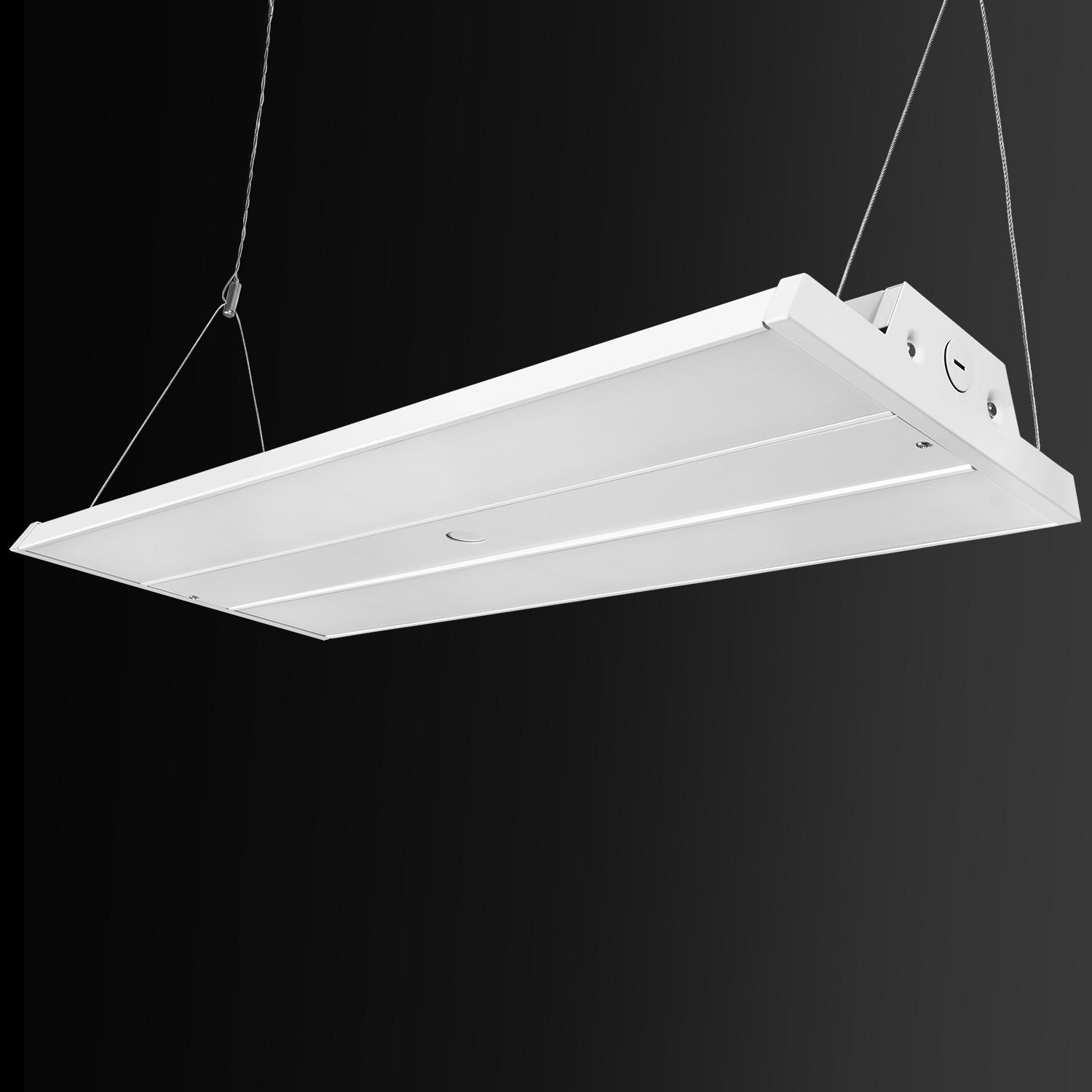
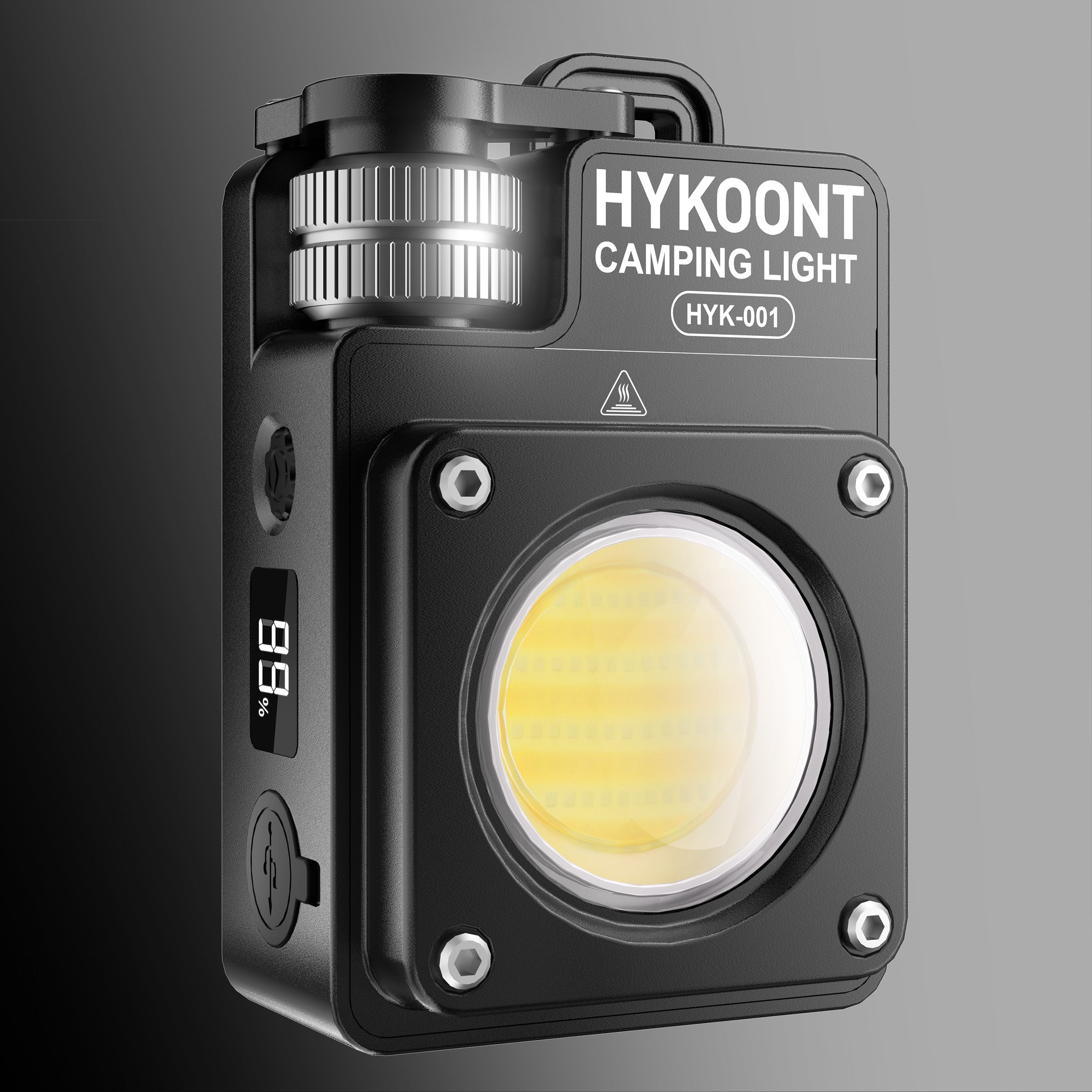
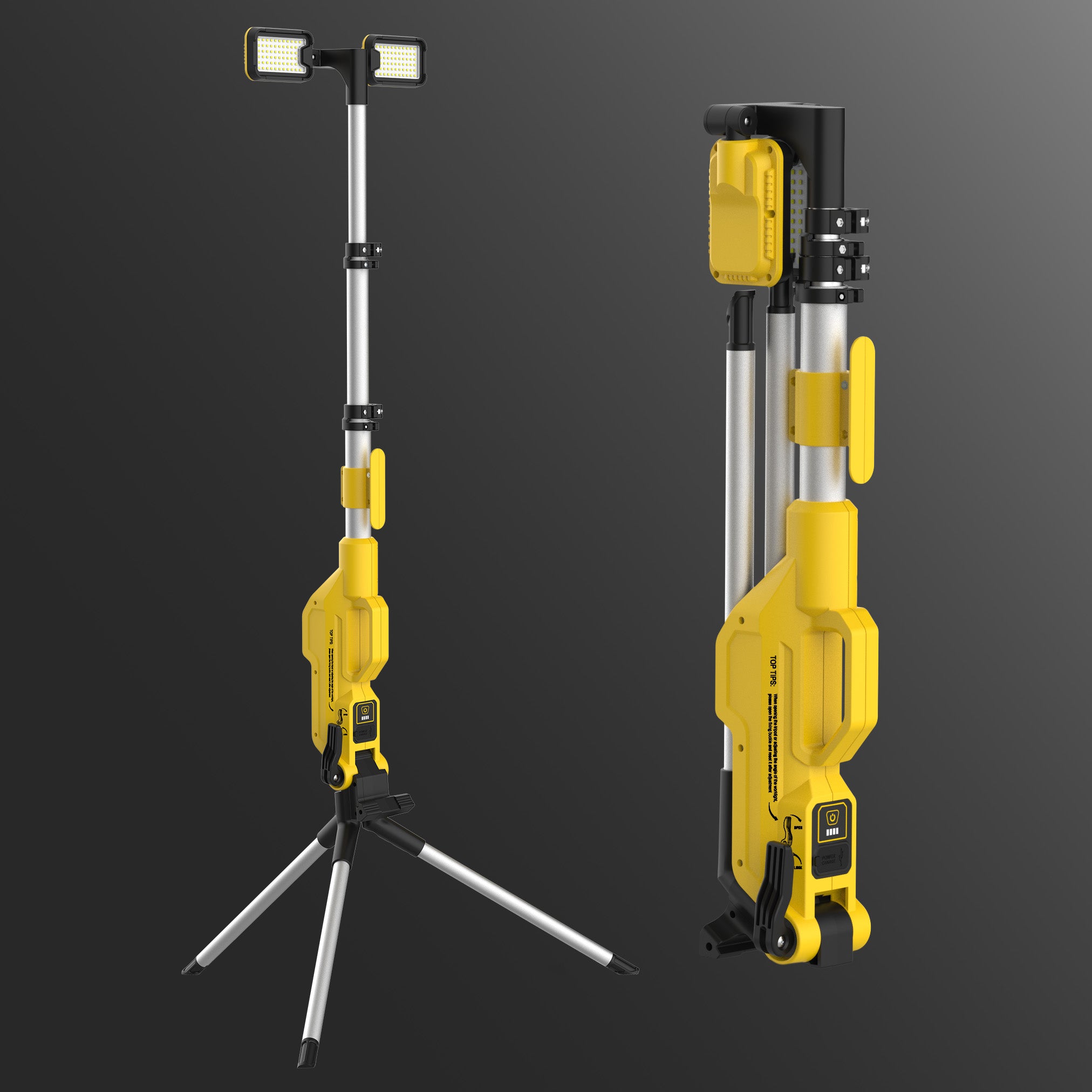
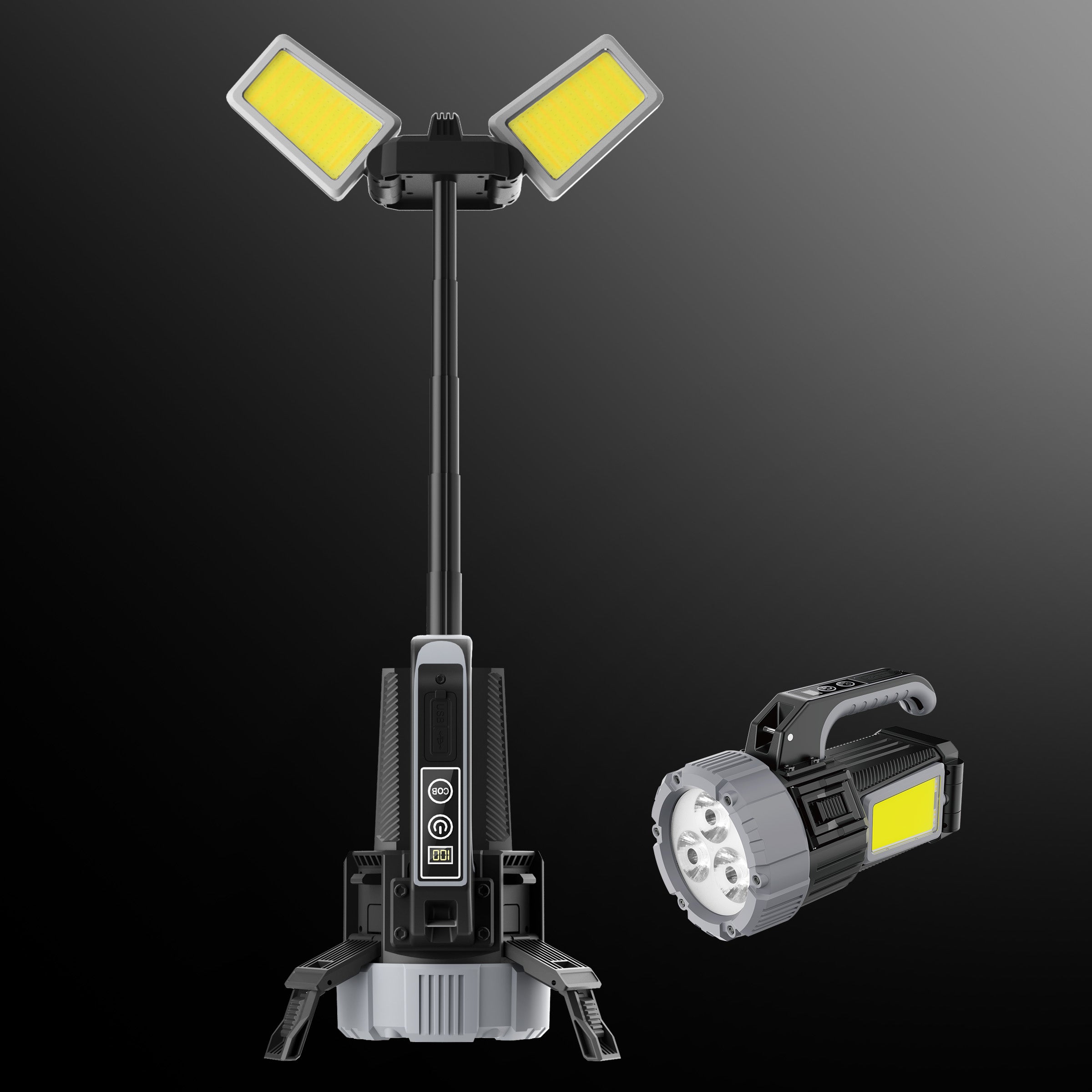


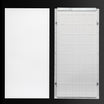
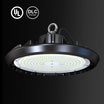
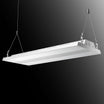


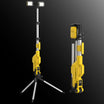
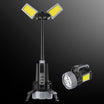
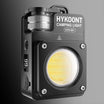
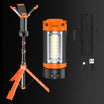
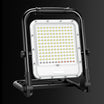
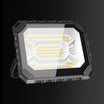



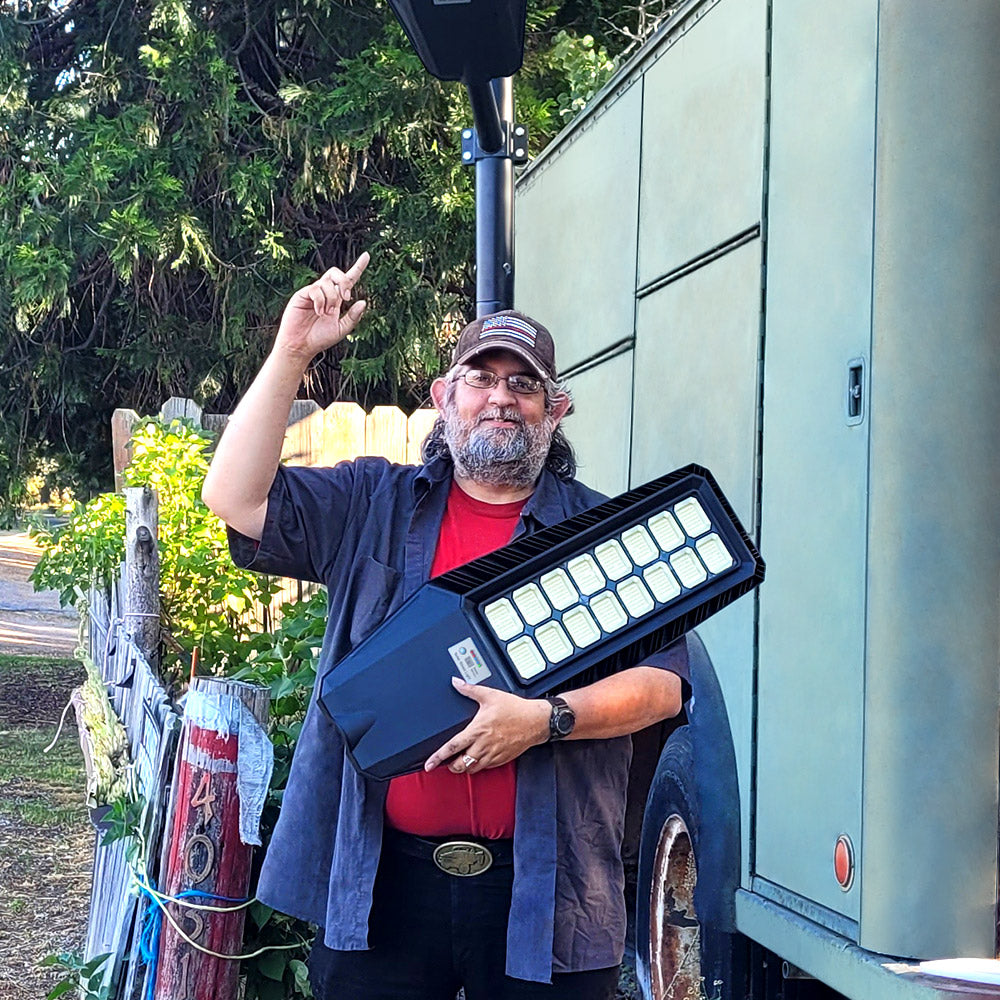
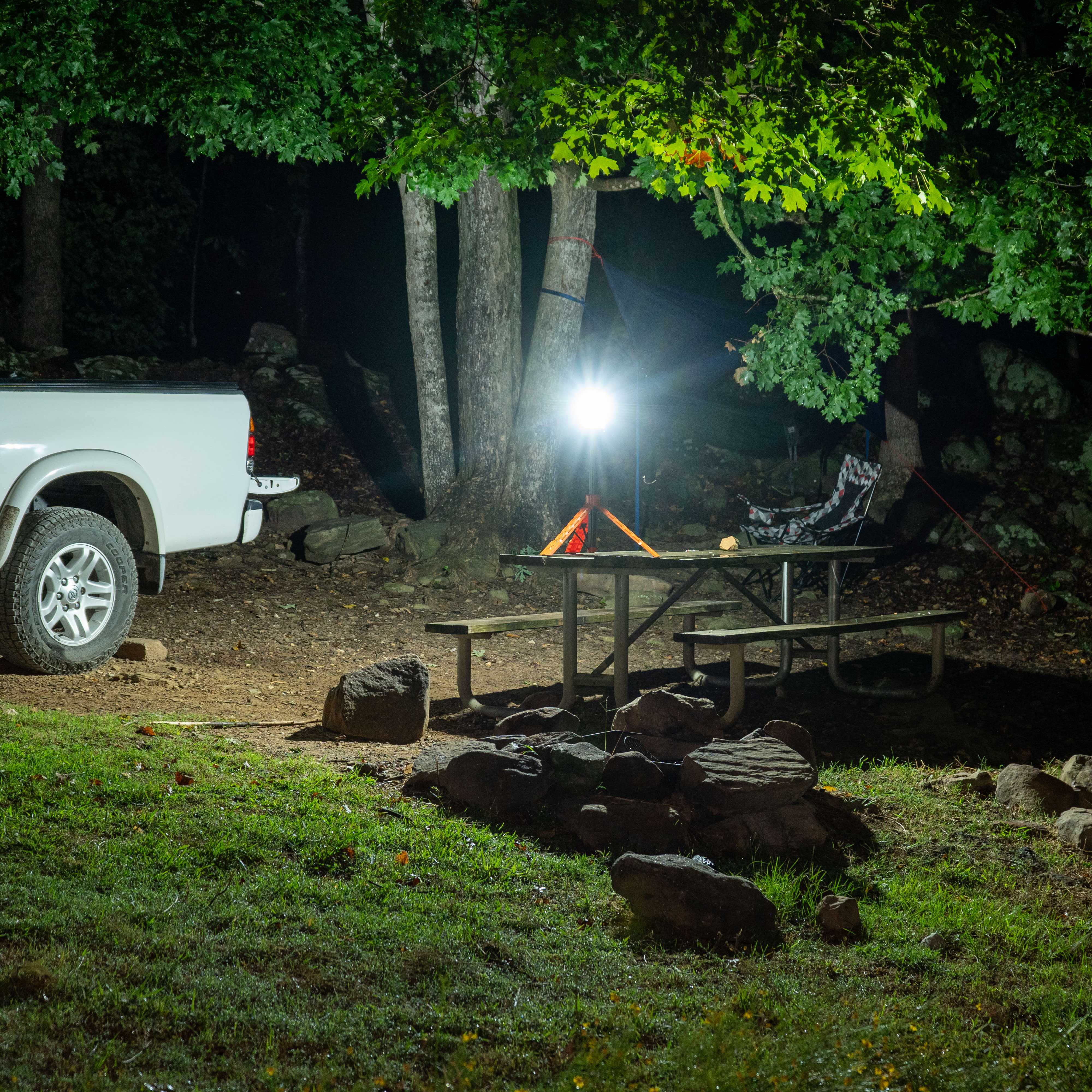
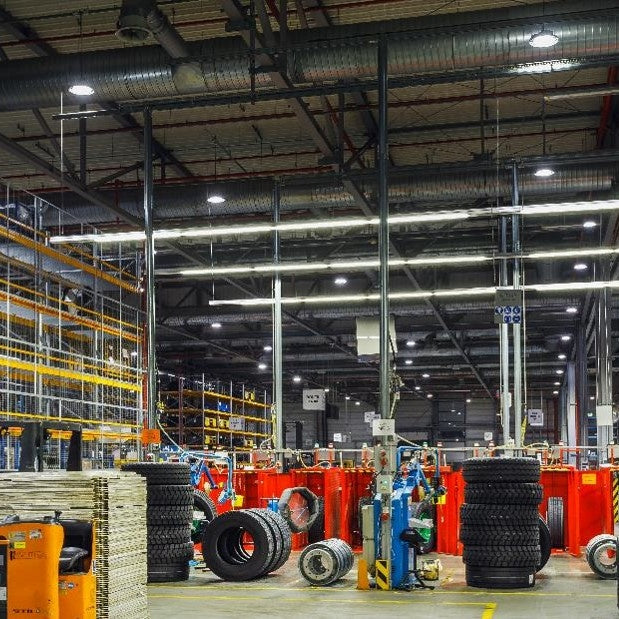
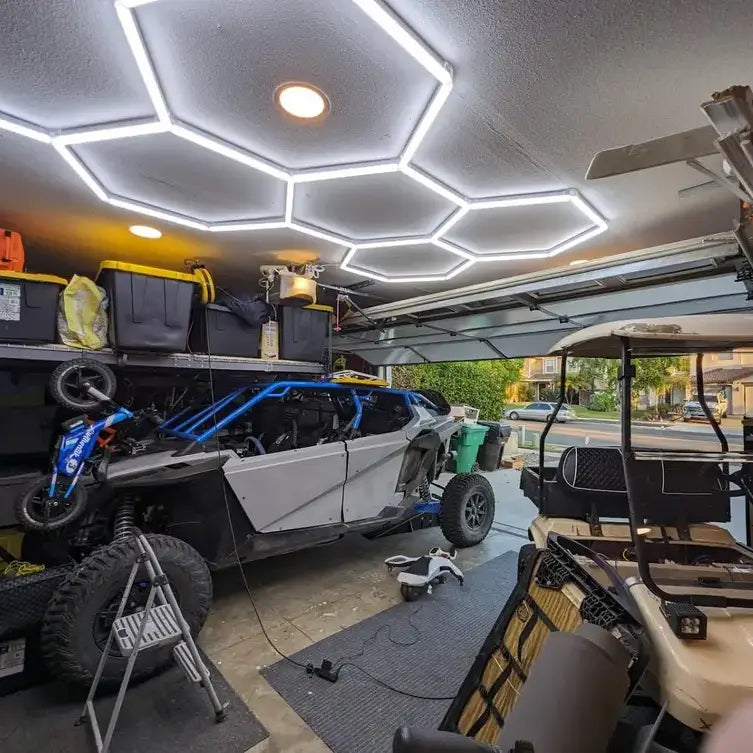
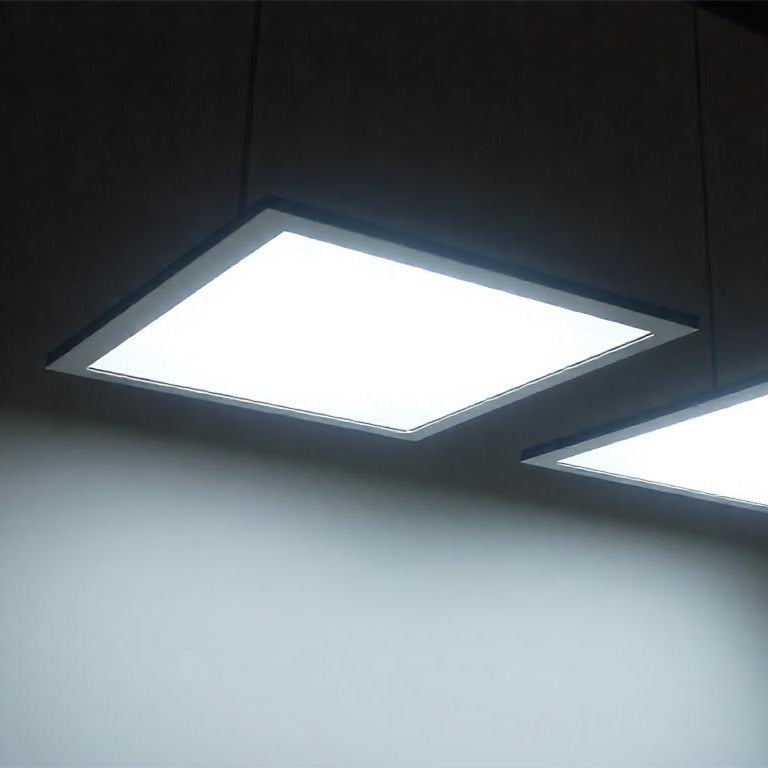
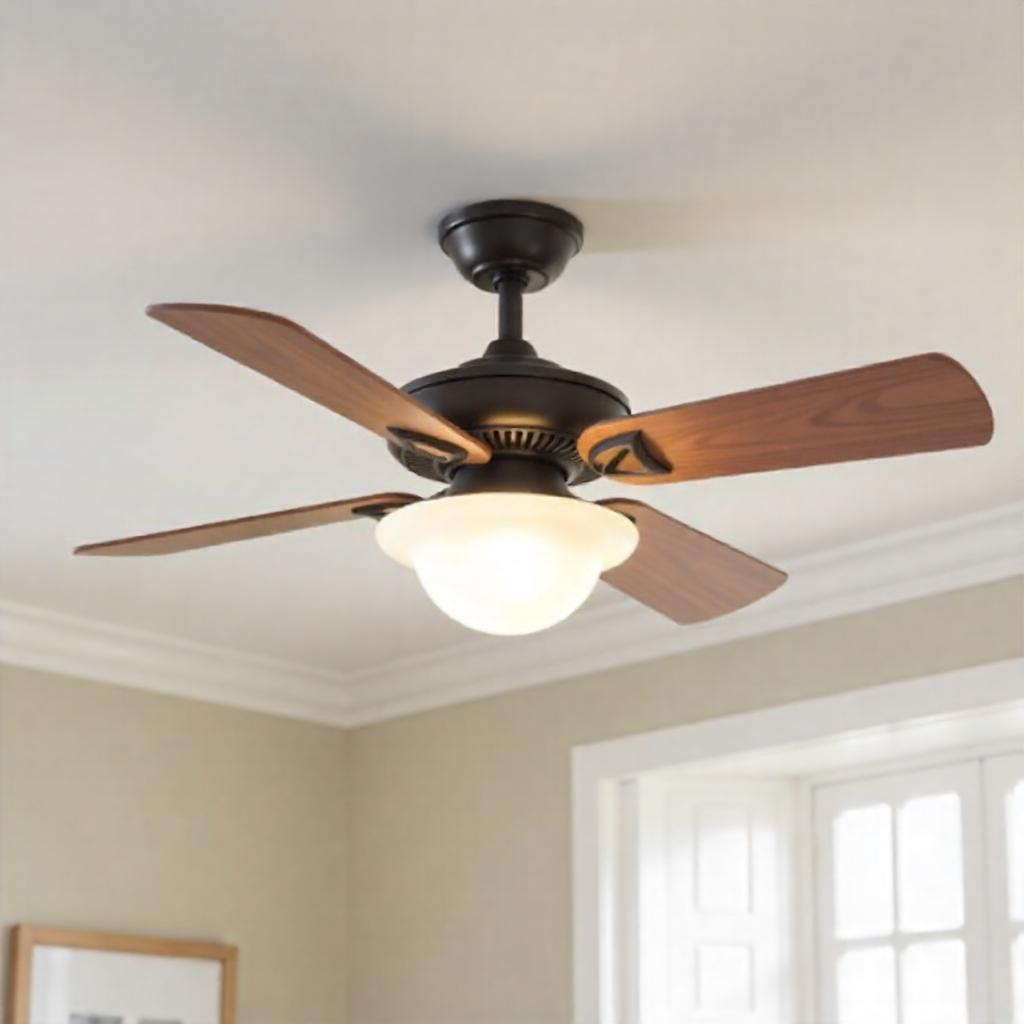
Leave a comment
This site is protected by hCaptcha and the hCaptcha Privacy Policy and Terms of Service apply.